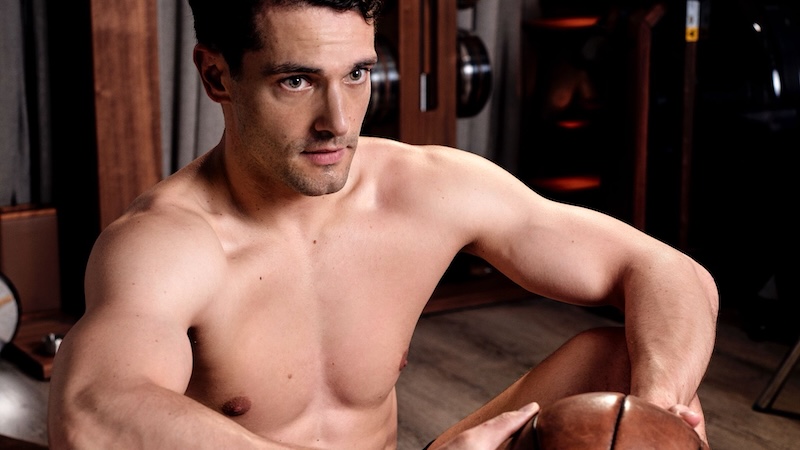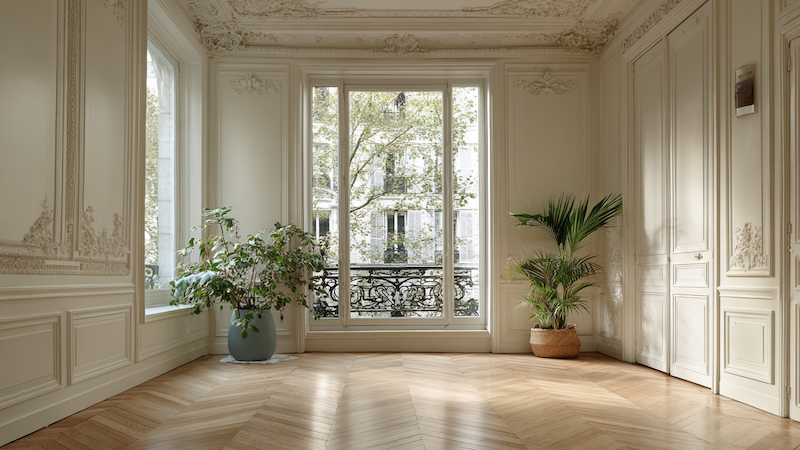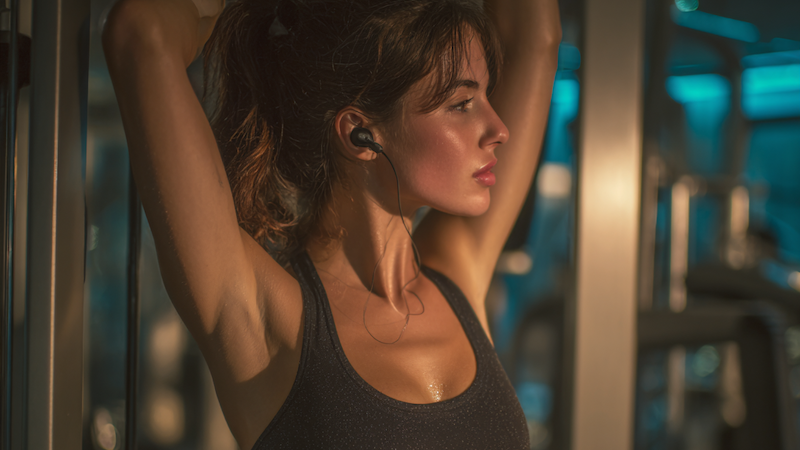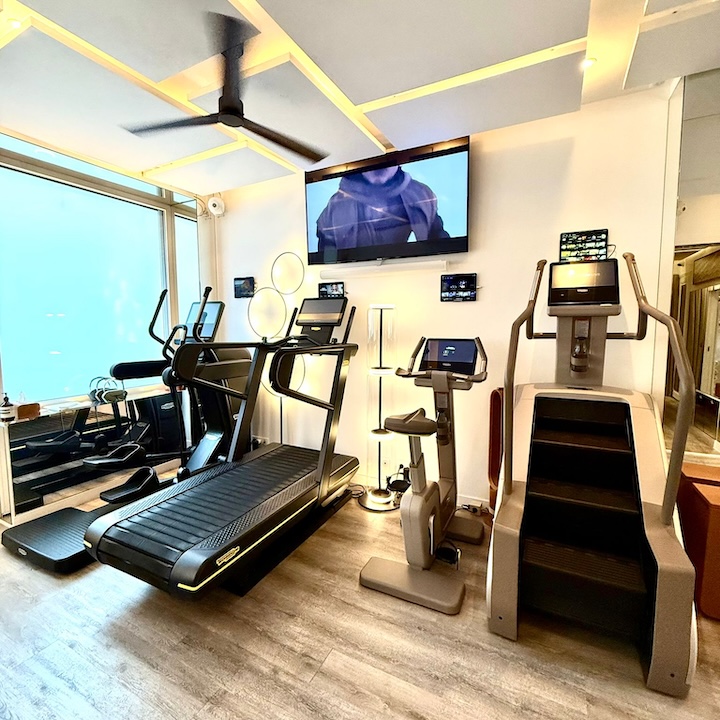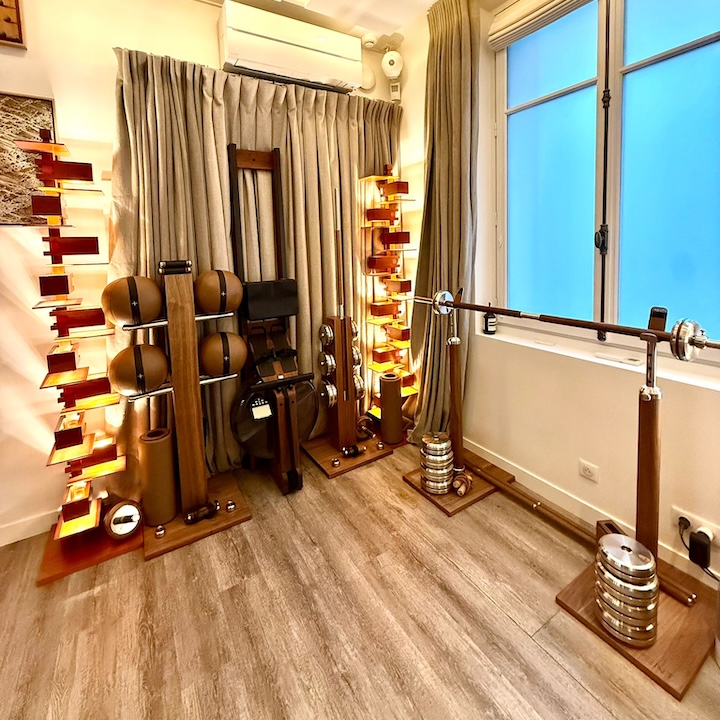What Training Has Taught Me About Presence
In an age of constant movement, where being busy is often worn as a badge of honour, learning to slow down has become a superpower. For many, sport is about sweat, intensity, repetition. But for me, as a coach and as a human being, training has become something else: a school of presence. A place where silence teaches as much as movement. A space where performance doesn’t come from force—but from alignment.
Stillness isn’t idleness
The quiet moments in between sets. The pause before a lift. The way your breath settles after a deep effort. These aren't empty spaces. They're everything. They are where you truly meet yourself.
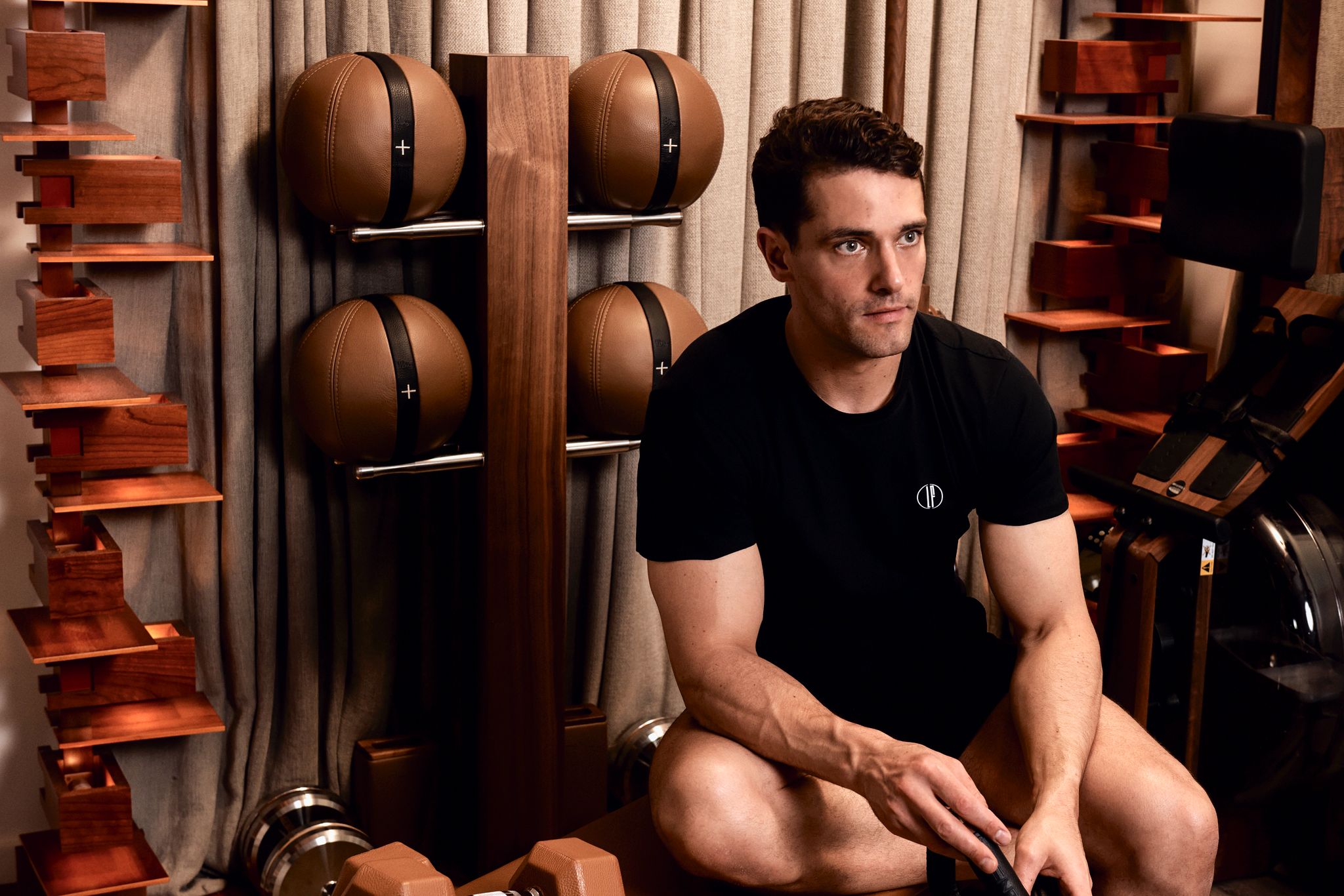
Presence, I’ve learned, is not passive. It’s not about sitting still and doing nothing. It’s about inhabiting every moment with intention. When you train in this way, you’re not escaping life—you’re returning to it. You’re listening, not just to your body, but to your inner voice. That whisper that tells you what you truly need today: to push? to rest? to recover?
In my private studio in Paris, I see this shift every week. Clients arrive thinking they need to “work harder”. What they discover is they need to feel more.
The paradox of effort
Paradoxically, the deeper your presence, the more effective your training becomes. Not louder. Not faster. But smarter. You lift with better form. You move with cleaner mechanics. You recover faster. You reduce injury. Why? Because presence allows you to notice—tension in your shoulder, misalignment in your hips, fatigue in your breath.

One study published in the Journal of Health Psychology found that mindful movement significantly increases both the enjoyment of training and the sustainability of long-term routines. Participants who focused on internal cues during their workouts—like breathing and bodily sensations—showed higher adherence over time than those focused only on metrics or aesthetics.
This is what I want for the people I coach: not just better abs, but a better relationship to their body. Not just output, but insight.
From noise to nuance
There is a kind of elegance in movement when it's done with awareness. The kind of movement that doesn’t scream. It doesn’t need to. It speaks in nuance. In restraint. In the way your foot touches the ground or the rhythm of your breath during a tempo squat. It’s this elegance I’ve come to love. Not the performance for others. But the performance for oneself. The conversation with the self.

When you train alone, or even in a crowded gym, it’s easy to let the noise take over: music, mirrors, metrics. But in a private setting, presence becomes the default. The distraction is gone. The ego fades. What remains is the essence of training: attention, precision, integrity.
Stillness is also recovery
Presence doesn’t end when the session does. It flows into the recovery. The stretch. The shower. The walk home. The meals you eat. The way you sleep. That’s the real training—how you carry the session into your life.

Recovery, often dismissed as “doing nothing”, is actually where adaptation happens. Muscles grow, hormones rebalance, the nervous system regulates. Without it, there’s no transformation. Presence teaches you to respect this phase. Not to rush it. Not to fill it. But to let it do its quiet work.
In this sense, presence is also patience.
Why I train the way I train
I don’t believe in shouting over music to motivate someone. I believe in creating space for someone to hear themselves. I don’t believe in pushing through pain just to prove something. I believe in progress that respects your body and your life.
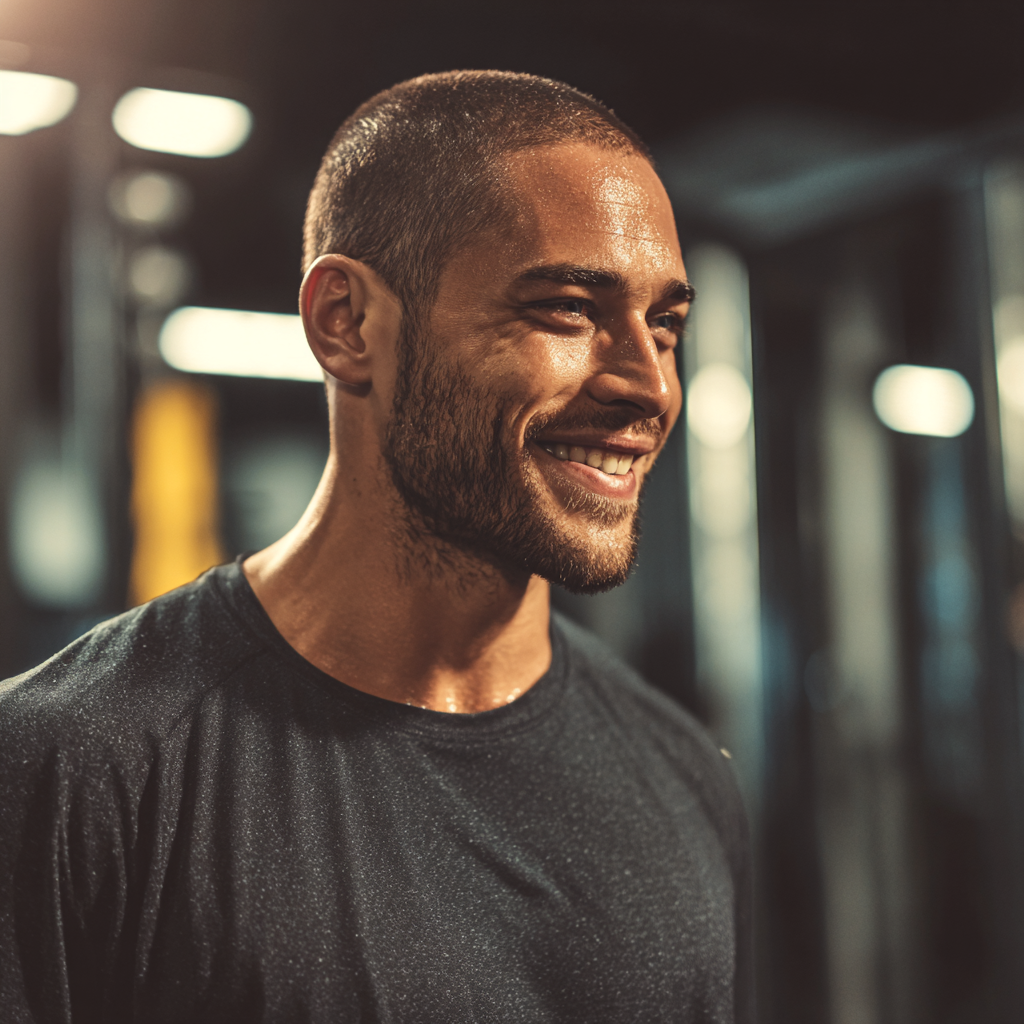
Every programme I design is personalised. But more than that—it’s intentional. It’s based on dialogue, not diktat. On presence, not pressure. And over time, I’ve come to realise that’s the true luxury in training today: not equipment or aesthetics, but space. A space where you can truly focus. Where you’re not performing. Where you’re simply present.
That’s what I offer at Louis Fabre Coaching in Paris: not just fitness, but clarity. A return to self. A way of moving—and being—that lasts.


